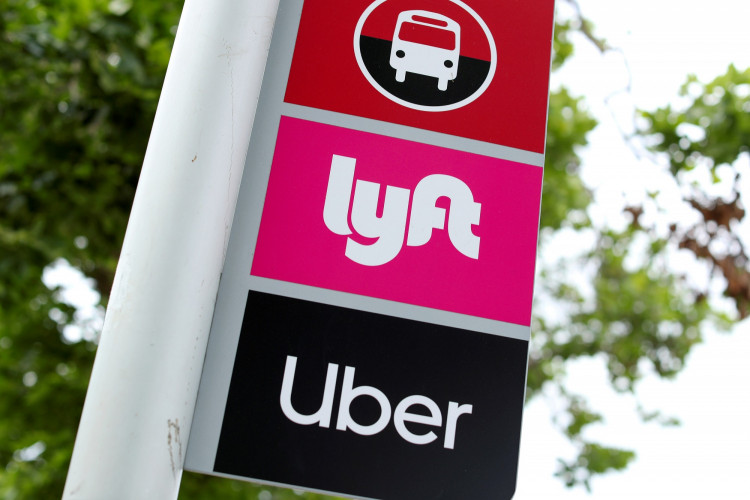Lyft's share prices plummeted by nearly 30% Wednesday after it announced plans to invest more in driver incentives in the coming quarters. The dip also brought down the share prices of other ride-hailing companies, including Lyft's rival Uber.
Lyft's share price dropped by 29.9% to $21.56 per share. Uber's shares also fell, dropping by 4.6% to end the trading day at $28.12 per share.
After the bell on Tuesday, Lyft posted better-than-expected top and bottom-line earnings. However, because of rising gas costs, the company offered a disappointing second-quarter outlook and indicated it would have to continue spending on driver incentives. It's unclear how much the company intends to invest or if it will do so in the second half of the year.
Lyft reported $875.6 million in first-quarter revenue, up 44% from the same period last year. However, the 17.8 million active riders were less than Wall Street had predicted. Concerns have also been raised regarding the company's expenditures, which include the use of subsidies to get additional drivers to join its platform. Lyft reported a $196.9 million loss for the quarter.
For the first three months of this year, Uber's revenue was $6.9 billion, up 136% from the same period last year. The number of bookings decreased by 3% from the previous quarter, likely due to an increase in omicron variant infections in some states. Losses from investments in Didi, a Chinese ride-hailing behemoth, Grab Holdings, and Aurora Innovation, a self-driving car venture, contributed to the company's $5.9 billion net loss.
As the global economy continues its bumpy recovery from the pandemic, ride-hailing companies are attempting to better position themselves for a projected uptick in passengers as economies reopen. In order to get there, Lyft said it would have to spend more on driver incentives as fuel costs rise.
Lyft is employing driver incentives to guarantee it can manage any unexpected surge in passengers, prompting some experts to worry that the company is overspending in this unpredictable economy. Some investors were also unhappy with the decision, selling their shares and causing the stock price to fall.
Some analysts said the selloff might be an overreaction by some investors, given that Lyft does have a solid plan to get back on track. However, it was pointed out that Lyft has very little room for error, given the state of the global economy.
Unlike Lyft, Uber had already made a significant investment in driver incentives and innovation. The company had claimed that it already had enough drivers to handle an influx of passengers. Uber also has the advantage of attracting more drivers through its Uber Eats delivery business.





